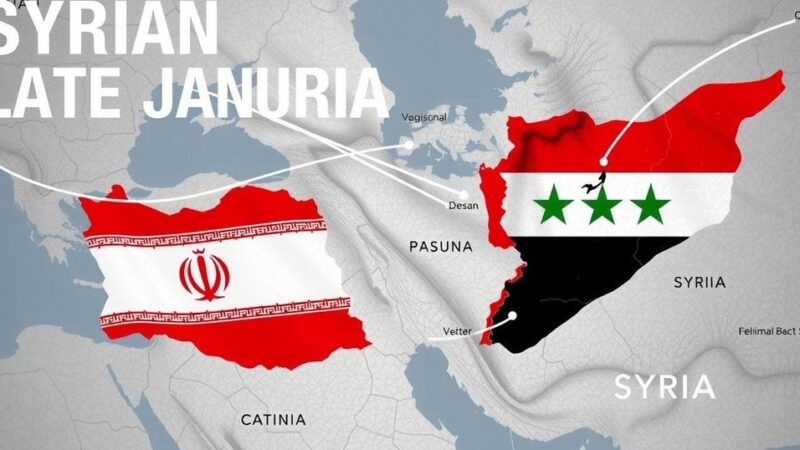Iraq’s suspension of crude oil deliveries to Syria, driven by security concerns and potential terrorist threats, coupled with the end of Iranian oil exports, has resulted in a significant fuel crisis for Syria. The country, reliant on imports and limited in its own production capacity, now faces soaring fuel prices and dwindling supplies amidst ongoing conflict and instability.
Iraq has halted its crude oil shipments to Syria, as declared by Iraqi parliament member Mustafa Sanad on social media. This suspension is attributed to escalating security concerns in Syria due to control by Islamist factions. The foreign minister of Iraq, Fuad Hussain, underscored the nation’s vigilance regarding possible terrorist group resurgence in Syria while affirming respect for the Syrian populace’s decisions. Syria, which previously imported approximately 120,000 barrels of oil daily from Iraq, now faces a significant fuel supply challenge. This situation has been exacerbated by the cessation of internal oil deliveries from Kurdish-controlled eastern Syria to the rest of the nation governed by Hay’at Tahrir al-Sham, which has also impeded the flow of crude oil following the recent insurrection that challenged the Assad regime. Additionally, oil supplies from Iran, accounting for about 60,000 barrels per day, have ceased, with reports of tankers rerouting away from the Syrian coast. Syria’s own oil production, approximately 80,000 barrels a day from its eastern territory, is insufficient to meet the national demand. As a result of these combined factors, fuel prices in Syria have surged, creating an increasingly dire situation for its citizens as fuel reserves dwindle and distribution logistics become increasingly complicated.
The intricacies of Syria’s oil supply crisis are influenced by the geopolitical dynamics within the region. Iraq’s decision to stop oil exports is rooted in heightened concerns over security, particularly regarding the potential for terrorist organizations to regain footholds in Syria. The ongoing civil strife in Syria and control shifts among various factions contribute to instability in fuel distribution. Additionally, historical ties and agreements regarding oil supply from neighboring countries like Iran complicate the landscape even further. To add to these challenges, Syria’s oil production capacity is diminished due to the prevailing territorial conflicts, limiting its ability to satisfy domestic energy needs effectively.
The cessation of Iraqi crude oil exports to Syria, compounded by the halt of Iranian oil supplies and interrupted internal transfers within Syrian territories, has led to a catastrophic fuel crisis in the country. The price surge and dwindling supplies highlight the precarious situation facing Syria amid ongoing territorial conflicts and rising security concerns regarding terrorist activities. These developments call for urgent attention to ensure energy stability and mitigate the humanitarian consequences for the Syrian populace.
Original Source: oilprice.com







